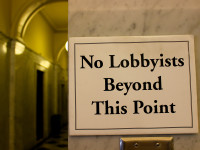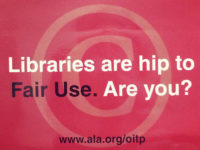The implications of the legislative disaster that is Bill C-18 continue to unfold as Canadian Heritage Minister Pablo Rodriguez is now essentially doing precisely what he said would not do, namely negotiate with the big tech platforms over government mandated payments for news links. Rodriguez had long claimed that the bill was designed to keep the government out of the issue and to leave it to the platforms and media companies to craft agreements. Yet with the departmental update this week, it is clear that the government is now discussing a minimum spend for inclusion in the regulations, effectively putting itself at the very head of the negotiating table.
Given the enormous risks that the bill poses to Canadian media – at stake are links that often constitute the majority media site traffic, the cancellation of existing deals worth millions, and a bill that may not generate any new revenues – the government is looking for a way out of mess of its own making. The Australian example has been the government’s north star on this issue with a prominent role throughout the House and Senate hearings for Rod Sims, the architect of the Australian law. Sims has regularly published op-eds in Canada promoting his bill and offering advice. His latest piece demonstrates how poorly he understands the Canadian law and how the government has been badly advised on how to best proceed. Sims identifies the differences between the Canadian and Australian law, recommending that Canada move to mandate blocking of all news if Google and Meta stop Canadian news linking and sharing:











